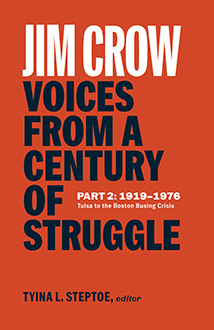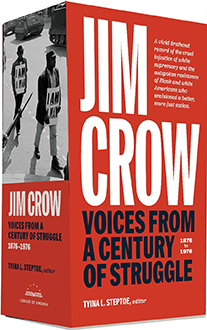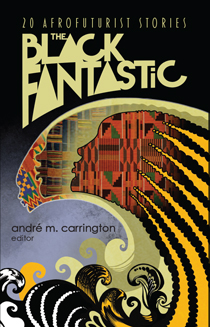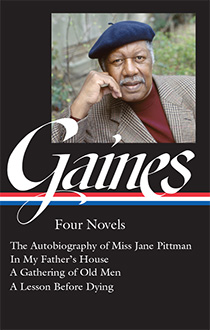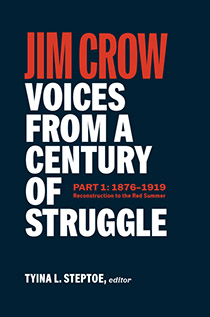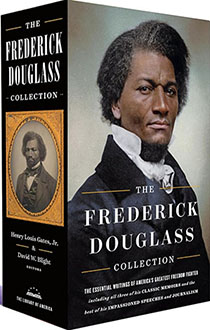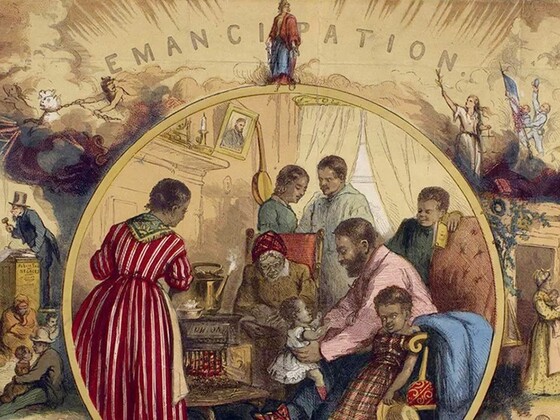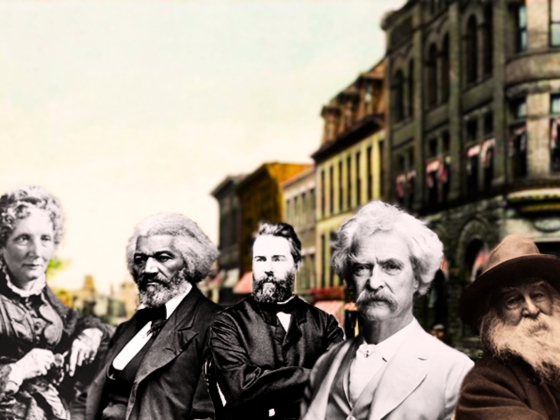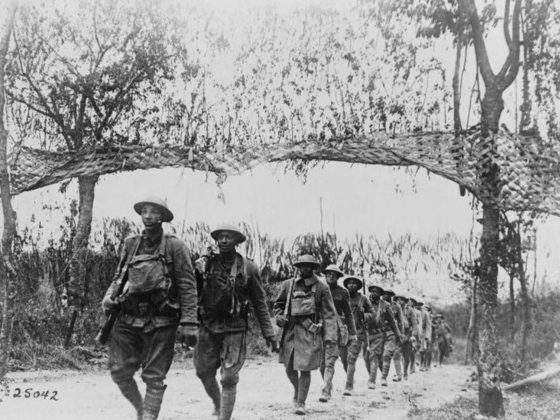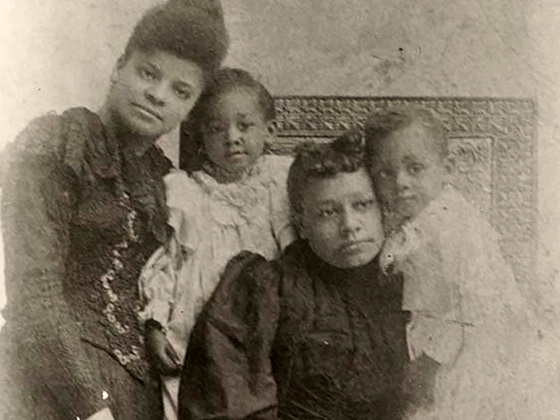African American Literature & History
Richard Harvey Cain (1825–1887)
From Reconstruction: Voices from America’s First Great Struggle for Racial Equality
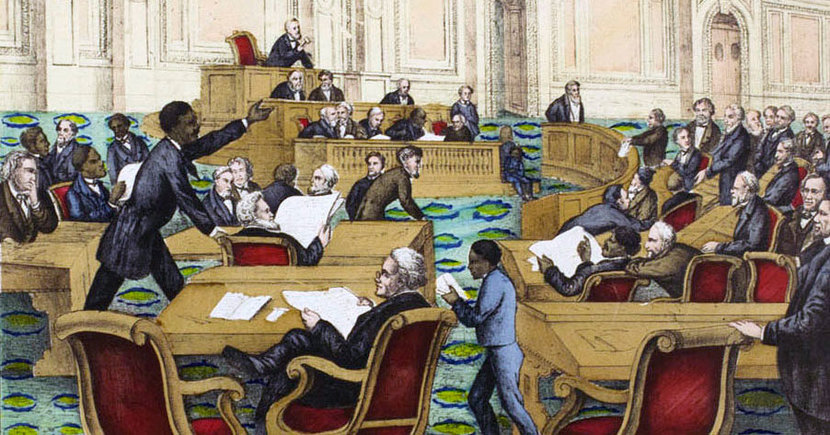
150 years ago, in early 1870, Senator Charles Sumner of Massachusetts drafted a civil rights bill, hoping to end segregation in public places and schools. He enlisted the help of John Mercer Langston, the founding dean of Howard University Law School, when writing the bill, and it was cosponsored by Representative Benjamin F. Butler, also from Massachusetts.
The bill lingered in the Senate for several years and was reintroduced at the end of December 1873. Championed by seven African American congressmen, the bill was vigorously and heatedly debated over the next month. In March Sumner suffered from a massive heart attack. While on his death bed, his biographer later reported, “he said three times, varying the words somewhat, in the tone of earnest entreaty, ‘You must take care of the civil-rights bill, — my bill, the civil–rights bill, — don’t let it fail!’ and [Ebenezer R. Hoar, another congressman from Massachusetts] assured him that all that was possible should be done to carry out his desire.” The Civil Rights Bill of 1875 was finally passed the following February.
Black members of Congress endured insults and hostility from the opponents of the bill; they not only had to defend the merits of the proposed legislation but were also obliged to defend themselves—and all African American citizens. Rev. Richard Harvey Cain, one of four black representatives from South Carolina, became particularly well known for the manner in which he weaved wit and sarcasm into his graceful yet pointed responses, and we present one of his speeches here, along with additional context, as our Story of the Week selection.
